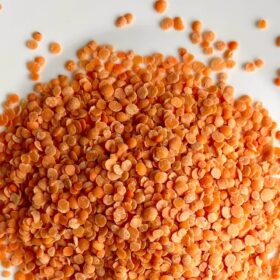Incorporating vegan foods rich in iron is important if you’re following a plant-based diet. Foods such as legumes, dark leafy greens, pumpkin seeds, quinoa, fortified cereals, tofu, and tempeh are delicious and iron-rich options for vegans.
Iron is an essential mineral crucial for hemoglobin production and various bodily functions. To boost your iron intake while sticking to a plant-based diet, try incorporating these iron-rich vegan foods into your meals:
1. Lentils
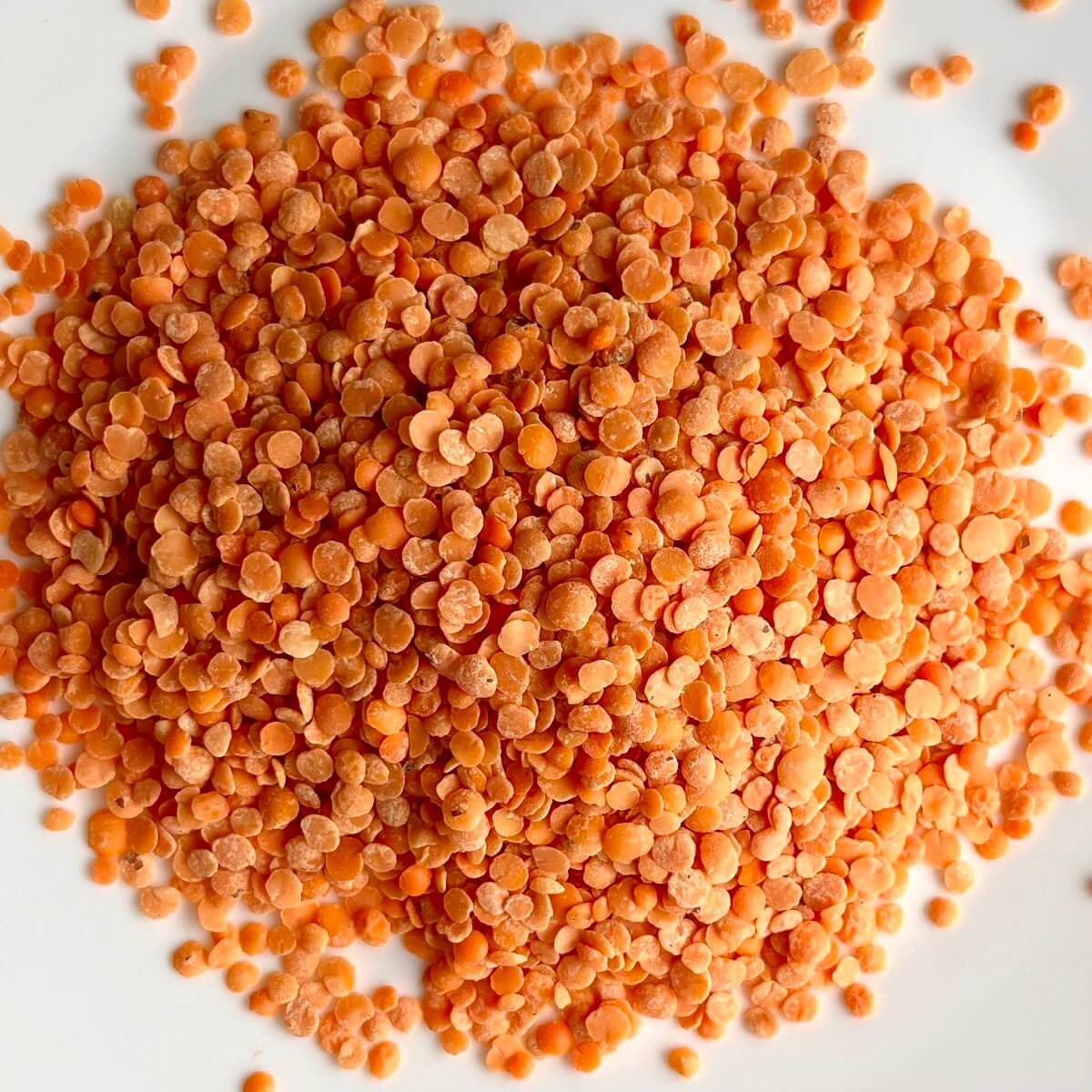
Lentils are a nutrient-rich, plant-based option. They’re packed with iron, protein and various nutrients. Try adding them to soups, salads, or main dishes. They’re a delicious way to get an iron boost while sticking to a plant-based diet.
Lentils Iron Content
According to the USDA National Nutrient Database, cooked lentils typically contain 3.33 mg of iron per 100g.
2. Tofu
Tofu is another nutrient-dense, iron-rich option. It’s also a great source of plant-based protein. Try grilling it, baking it until crispy, or adding it to stir-fries. I also like to blend silken tofu into sauces or smoothies. It’s a delicious way to increase your iron intake without relying on animal products.
Tofu Iron Content
According to the USDA National Nutrient Database, firm tofu typically contains 1.61 mg of iron per 100g.
3. Fortified Cereals
Fortified cereals are one of the most convenient vegan foods rich in iron. Cereals are often fortified with essential nutrients, including iron. Having a bowl of fortified cereal is a really easy way to incorporate iron into a plant-based diet. When choosing fortified cereals, opt for varieties with whole grains and minimal added sugars to maximize the nutritional benefits.
Fortified Cereals Iron Content
Fortified cereals typically contain between 12 and 24 mg of iron per 100g. However, specific amounts can vary among different brands and types of cereals.
4. Spinach
Spinach is another iron-rich vegan option. Spinach can easily be added to a wide variety of dishes, salads, and smoothies. It’s a great addition to a well-balanced plant-based diet.
Spinach Iron Content
According to the USDA National Nutrient Database, raw spinach typically contains 2.71 mg of iron per 100g.
5. Quinoa
Quinoa is a nutrient-rich addition to a plant-based diet. In addition to containing iron content, it also provides a complete protein source. Serve it as a side dish, add it to salads, or taco fillings.
Quinoa Iron Content
According to the USDA National Nutrient Database, cooked quinoa typically contains 1.49 mg of iron per 100g.
6. Pumpkin seeds
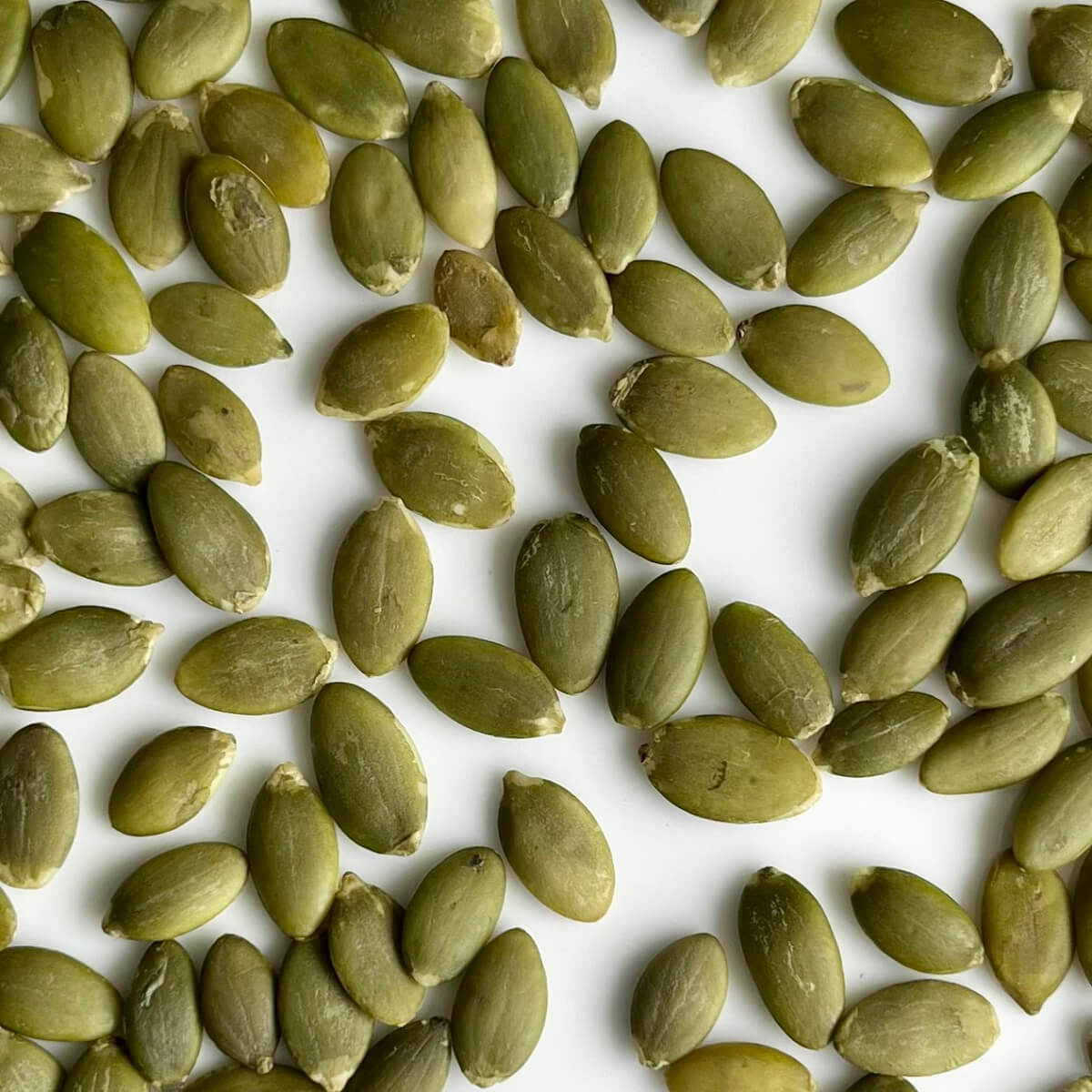
Pumpkin seeds are another good vegan source of iron. These seeds, also known as pepitas, also contain essential minerals and nutritious fats. Try snacking on them by themselves or sprinkling some on salads, soups, or pasta dishes for a little crunch.
Pumpkin Seeds Iron Content
According to the USDA National Nutrient Database, raw pumpkin seeds typically contain 8.36 mg of iron per 100g.
7. Chickpeas
Chickpeas are packed with protein and iron. They’re a flavorful and nutritious addition to a plant-based diet. Try adding them to savory curries or roasting them for a crunchy snack. They’re a great way to boost your intake of iron, fiber, and other nutrients while sticking to a vegan diet.
Chickpeas Iron Content
According to the USDA National Nutrient Database, cooked chickpeas typically contain 2.89 mg of iron per 100g.
8. Black beans
Black beans are another nutrient-dense, iron-rich vegan food. These legumes contain a good dose of iron and also provide protein and fiber. Add them to soups, salads, or burritos.
Black Beans Iron Content
According to the USDA National Nutrient Database, cooked black beans typically contain 2.1 mg of iron per 100g.
9. Tempeh
Tempeh is another good option for anyone looking for vegan sources of iron. It’s made from fermented soybeans and is a great source of protein and probiotics in addition to iron. Try marinating it then grilling it, or crumbling it into salads or stir-fries.
Tempeh Iron Content
According to the USDA National Nutrient Database, cooked tempeh typically contains 2.13 mg of iron per 100g.
10. Cashews
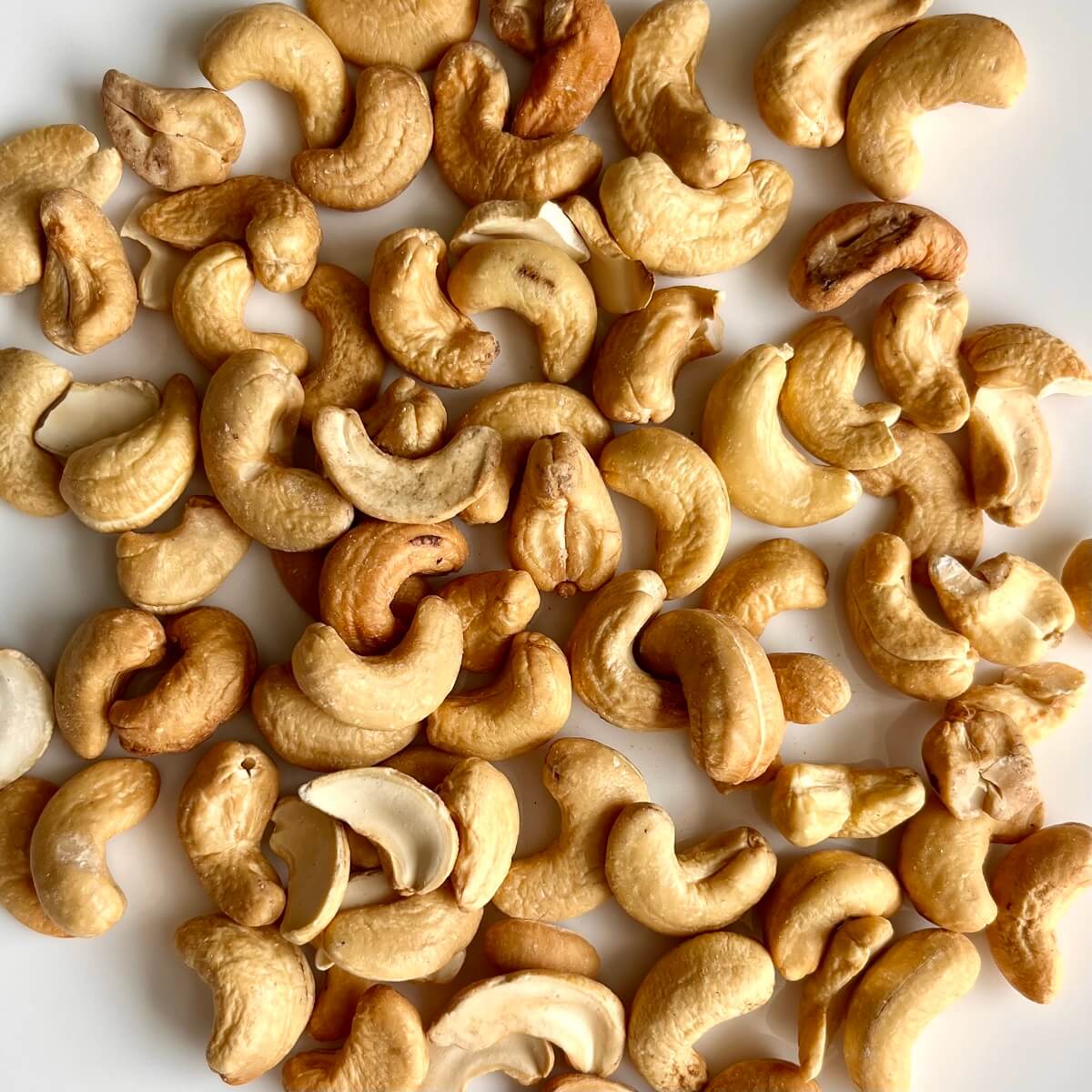
Cashews are another good source of iron and provide other essential minerals too. Snacking on cashews or incorporating them into dishes adds flavor, crunch, and a nice nutrient boost to plant-based meals.
Cashews Iron Content
According to the USDA National Nutrient Database, raw cashews typically contain 5.99 mg of iron per 100g.
11. Dried Apricots
Dried apricots are a delicious way to boost your iron intake. These nutrient-dense fruits are a convenient and filling snack.
Dried Apricots Iron Content
According to the USDA National Nutrient Database, dried apricots typically contain 2.66 mg of iron per 100g.
12. Edamame
Edamame, young soybeans, are a great vegan source of iron. They add texture, flavor, and nutritional value to plant-based dishes. Add edamame to salads, stir fries, or just enjoy them on their own for a tasty and filling plant-based snack.
Edamame Iron Content
According to the USDA National Nutrient Database, edamame typically contains 2.27 mg of iron per 100g.
13. Raisins
Raisins are a convenient iron-rich option. Snacking on raisins or adding them to cereal or baked goods is an easy way for vegans to boost their iron intake.
Raisins Iron Content
According to the USDA National Nutrient Database, raisins typically contain 2.59 mg of iron per 100g.
14. Kale
Kale is packed with iron and other essential vitamins and minerals. It’s perfect for adding to salads, smoothies, and pasta dishes. Incorporating kale into your meals adds flavor and a nice iron boost.
Kale Iron Content
According to the USDA National Nutrient Database, cooked kale typically contains 0.84 mg of iron per 100g.
Vegan Iron-Rich Recipes to Try
1. Vegan Meatloaf
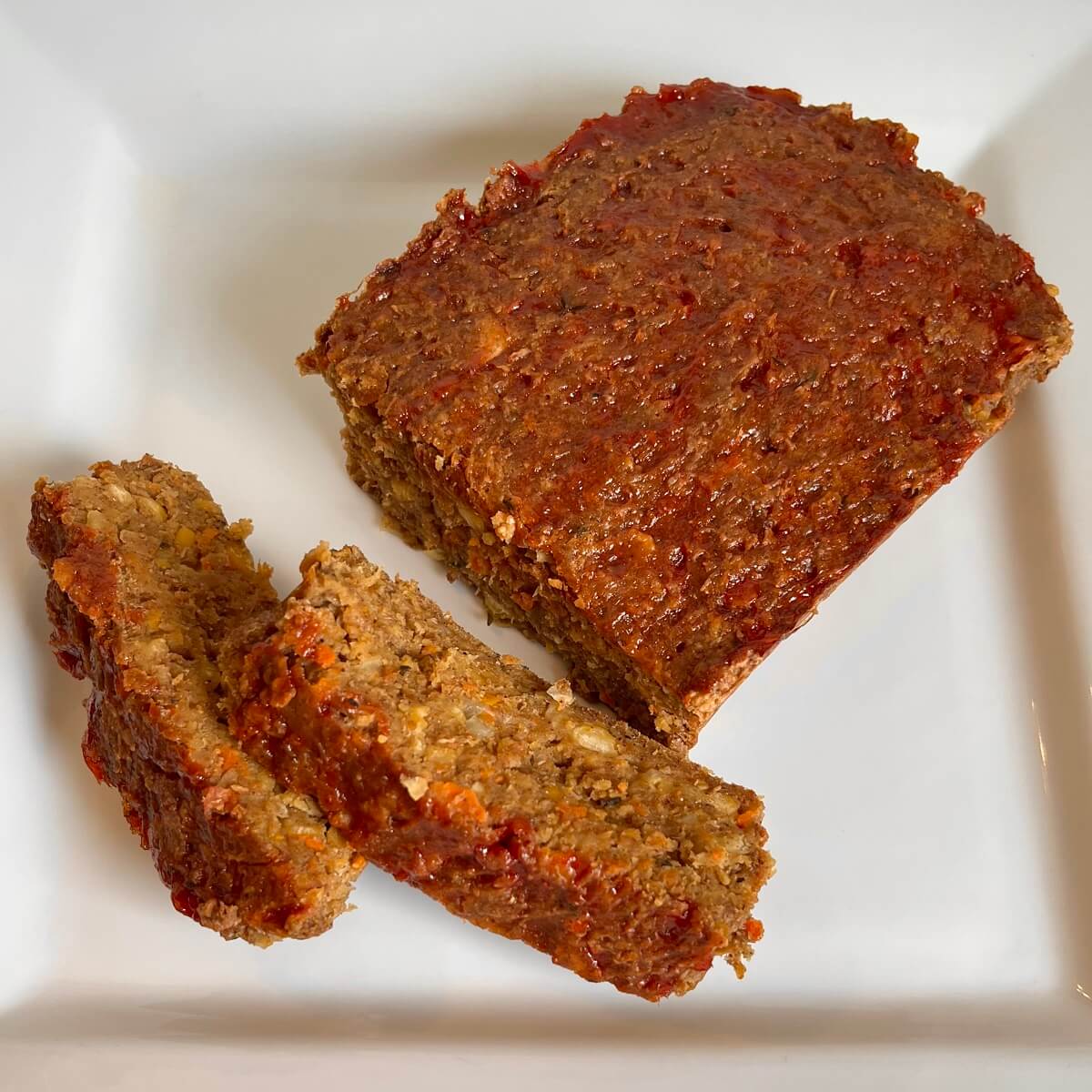
This hearty, flavorful, vegan meatloaf is made with iron-rich chickpeas. Vegan Meatloaf Recipe
2. Vegan Asparagus Frittata
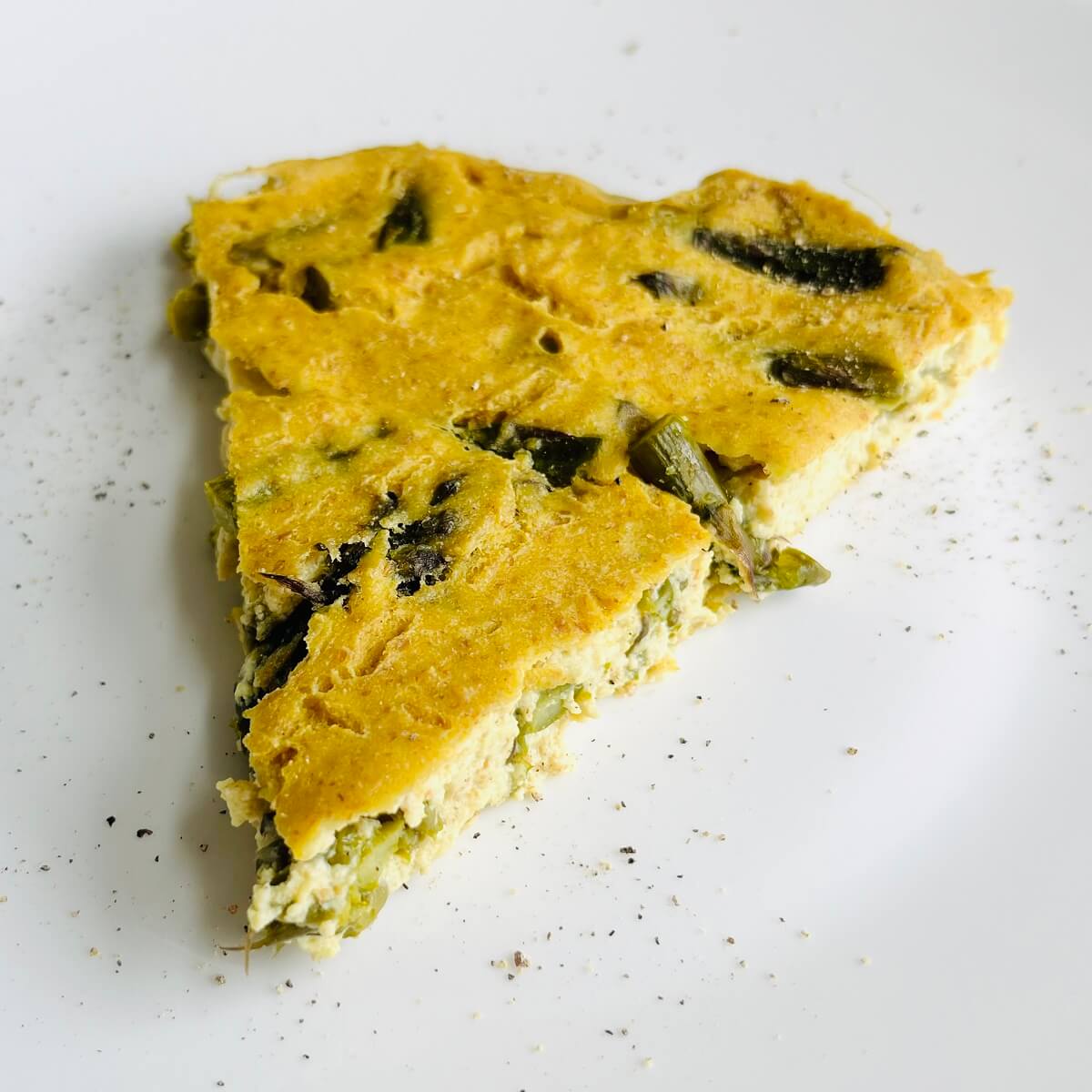
This tasty, iron-rich frittata is made with tofu. Vegan Asparagus Frittata Recipe
3. Kale Pasta Sauce
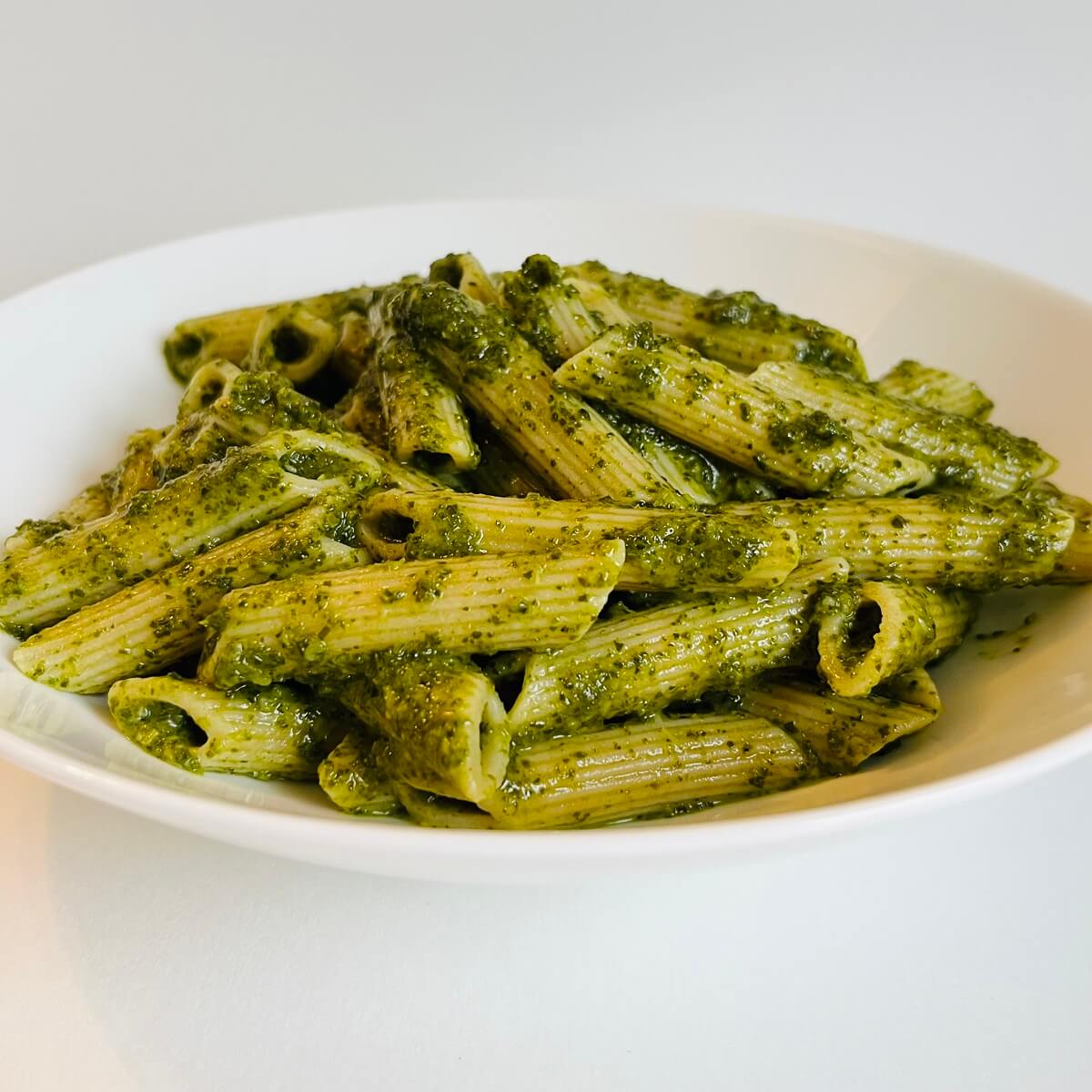
This delicious pasta sauce is made with iron-rich kale. Kale Pasta Sauce Recipe
4. Vegan Black Bean Dip
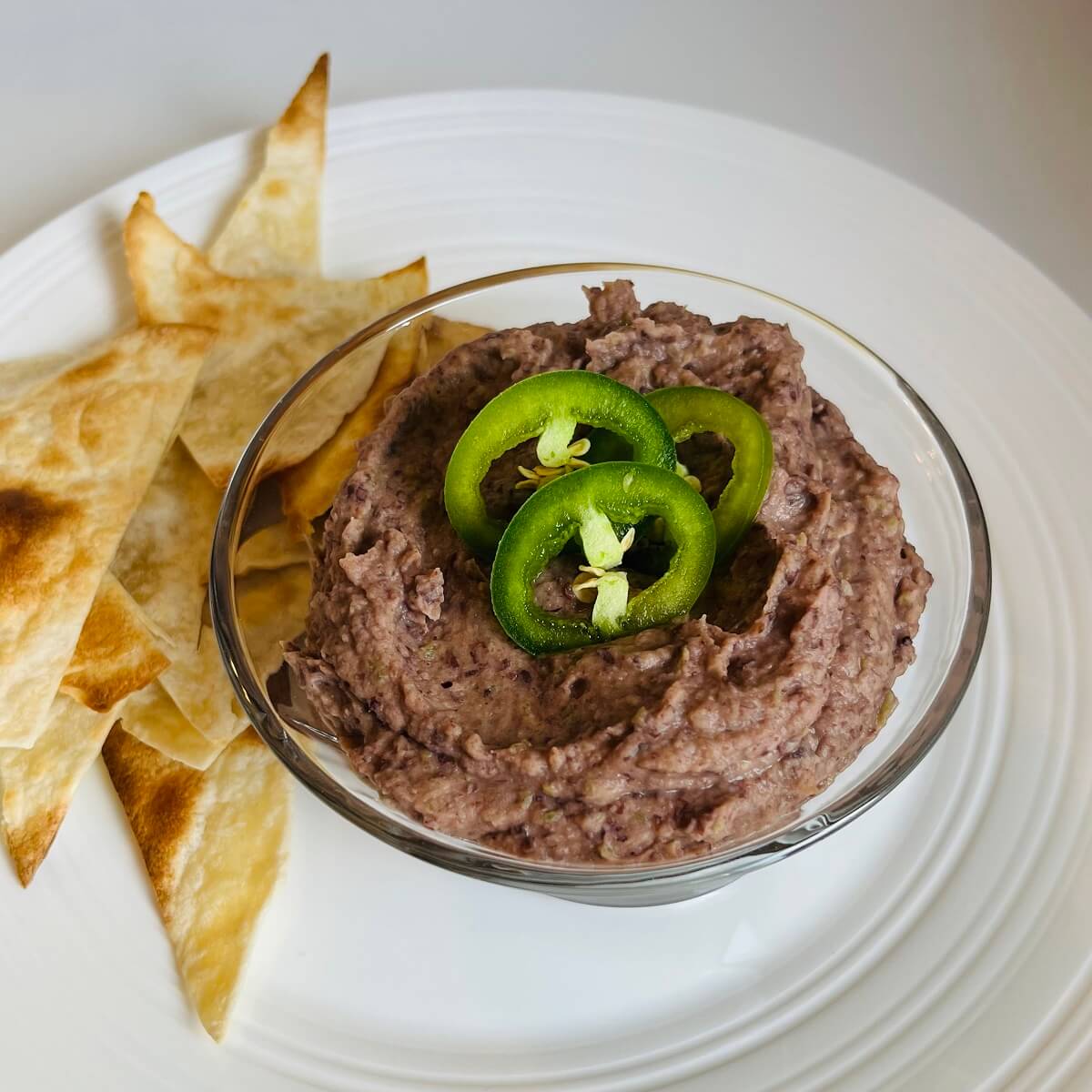
This mouthwatering black bean dip is loaded with iron. Vegan Black Bean Dip Recipe
You Might Also Like
- This list of vegan sources of lysine is helpful if you’d like to boost your intake of this amino acid while sticking to a plant-based diet.
